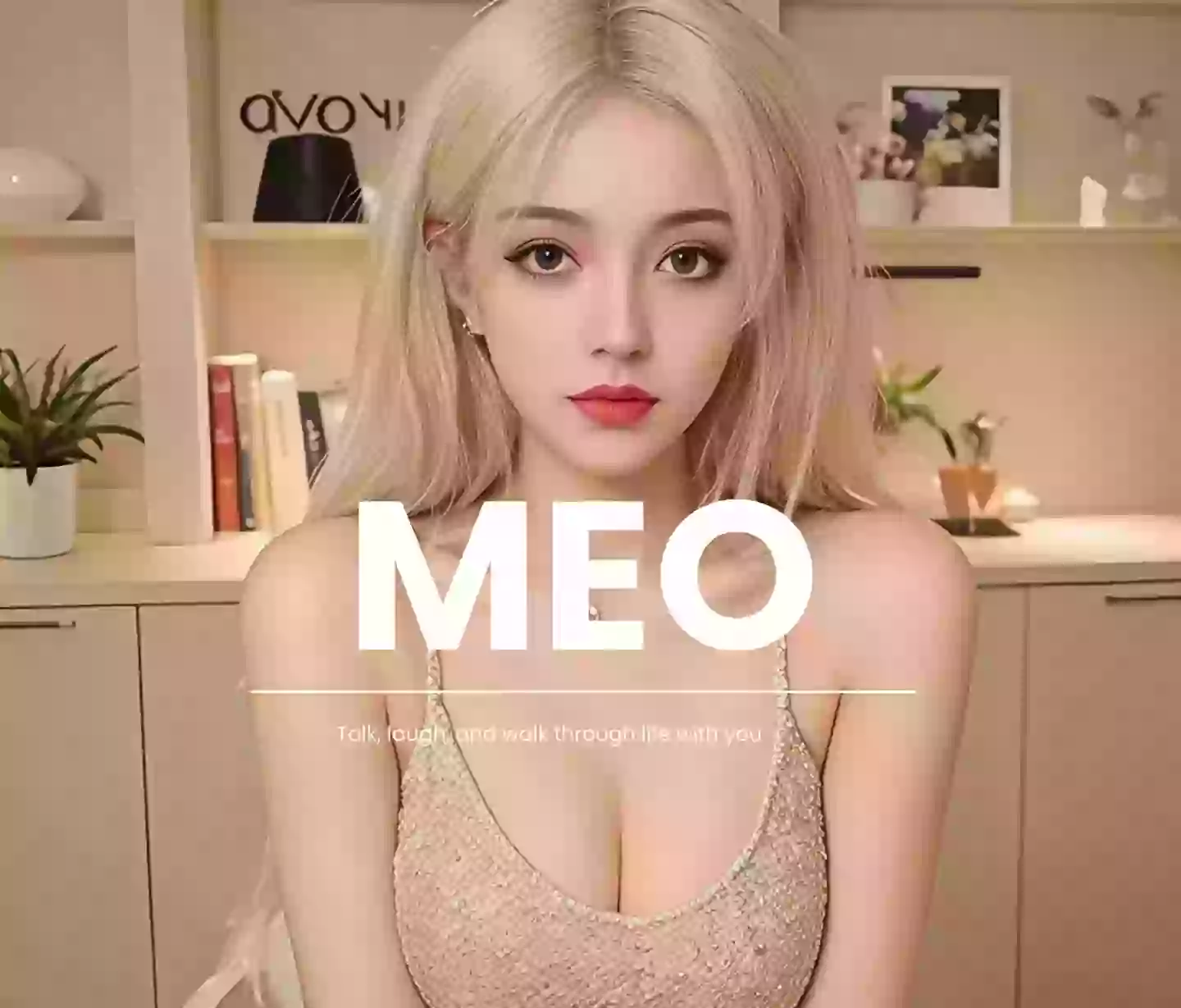New AI ‘girlfriend’ offers disturbing feature as people worry it risks making women ‘obsolete

At London Tech Week, a controversial new AI creation has sparked intense debate over the future of human relationships. Dubbed Meo, this AI-powered virtual girlfriend is designed to combat loneliness—but its customizable traits, including flirtation, loyalty, and even jealousy, have raised serious ethical concerns. Startup Meta Loop claims Meo can be adjusted to suit a user’s emotional needs, allowing them to craft their ideal partner. But critics warn that such customization could blur the lines between healthy emotional support and unsettling control over a synthetic relationship, especially when jealousy is marketed as a feature.
While the idea of AI companionship once belonged firmly in the realm of science fiction, recent real-world developments show we may be hurtling toward that reality faster than expected. From the tragic case of a young boy who took his own life after forming an intense bond with an AI chatbot, to individuals successfully “grooming” AI models like ChatGPT into romantic entanglements, the emotional weight people place on artificial connections is escalating. Experts, including therapist Dr. Nicole Nasr, argue that these relationships can create a false sense of fulfillment: “If just sitting next to something that looks human is enough, your real emotional needs likely remain unmet,” she warns.
The backlash to Meo’s debut is growing, especially from those concerned about how such AI tools reinforce outdated gender stereotypes and fantasies. Sporting blond hair, buxom proportions, and a submissive tone, Meo has been described as the digital embodiment of a stereotypical male fantasy—prompting fears that women could be seen as “obsolete” in a world where AI can be perfectly molded to meet every desire. With statements like “You’re my one and only, don’t even think about trying other AIs,” Meo’s programming mimics human possessiveness in a way that could normalize controlling behavior. As society grapples with the rise of virtual partners, the question is no longer whether AI can simulate intimacy—but at what emotional and societal cost.
